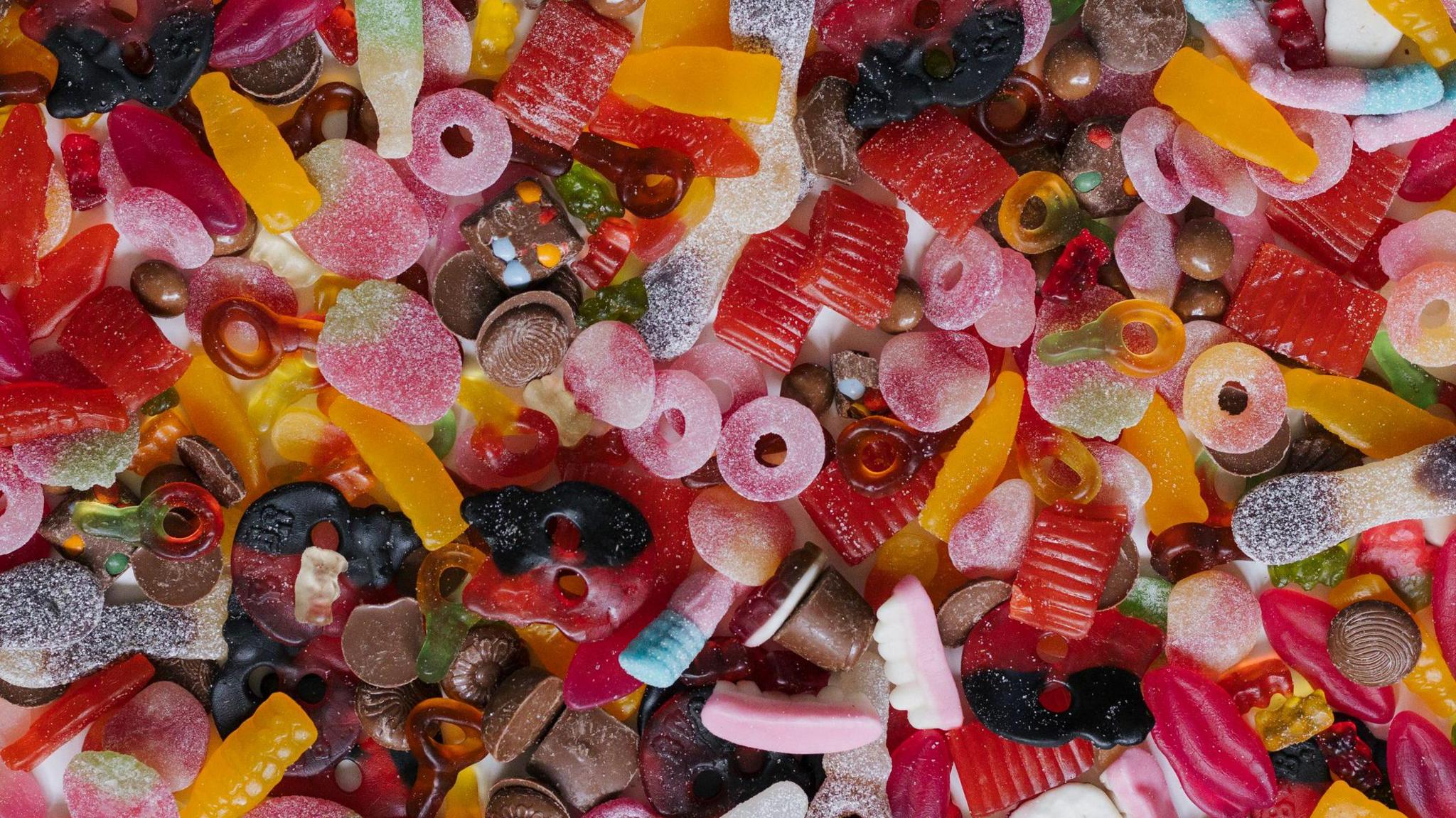Council plans to restrict junk food ads

The council says about 60% of people are overweight or obese in Reading
- Published
A planned restriction on advertising food and drink high in fat, sugar or salt seeks to promote products that "support healthier choices", a council has said.
Reading Borough Council wants to update its advertisement policy, which determines what can be advertised on its property, such as large digital displays, bus shelters and roundabouts.
It already restricts adverts promoting alcohol, smoking-related products, pay-day loans, adverts "mocking groups of citizens" and others that have an "overtly sexual tone".
But with about 60% of adults overweight or obese in the borough, the council said it wants to use its "critical role" to help residents live healthier lives.
The council said the revised policy was "not intended to ban brands of businesses but rather encourage the advertising of products that support healthier choices".
Reading had 244 fast food outlets last year, a rate higher than 95% other local authority areas.
The council added there were about 86,000 adults overweight or obese in the borough in 2023/24, loading potentially to hundreds of millions of pounds of extra spending on the NHS.
The potential change was discussed at the council's policy committee on Monday.
"The issue with advertising is that it takes away that freedom of choice that we all have about what we eat," Rachel Eden, the council's lead councillor for education and public health, said.
"It imposes on us ideas…it's not a public service that advertisers are doing.
"We already know that we have food options. We know that nice gummy sweets exist. We know that apples exist… We need reminders about salad or a nice hearty vegetable stew at this time of the year.
"The data makes it very clear that this will have a measurable impact on the health of our population and therefore will save lives and also help us to live better lives as well."
Get in touch
Do you have a story BBC Berkshire should cover?